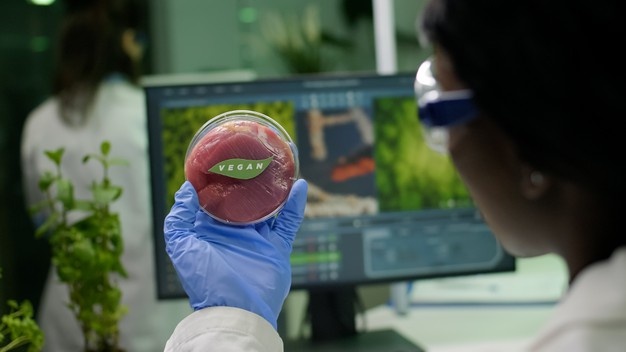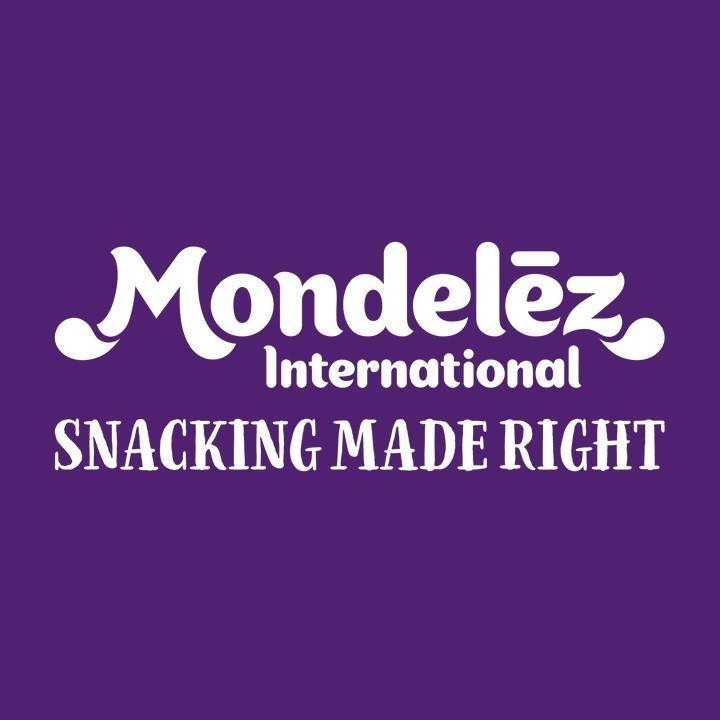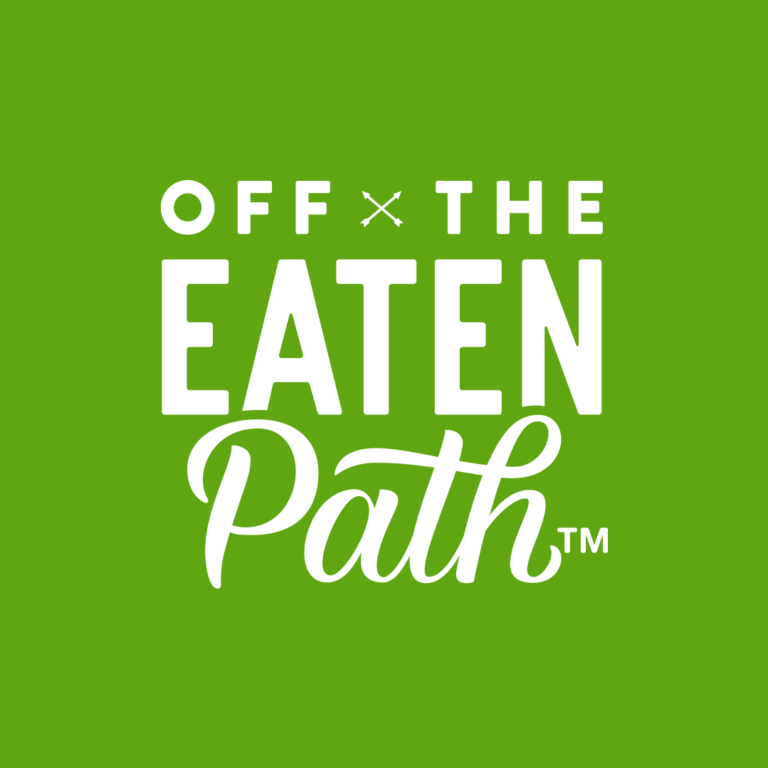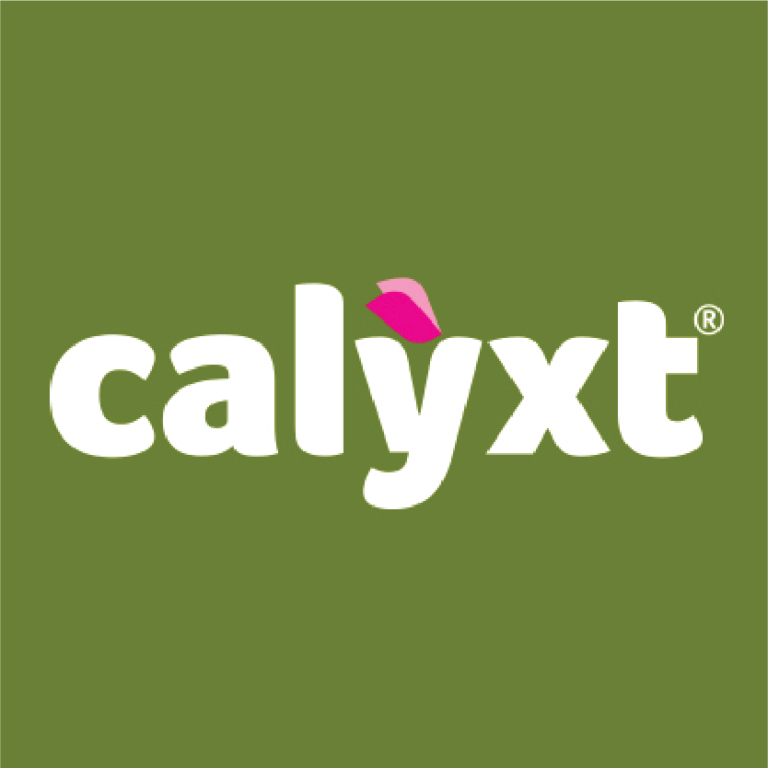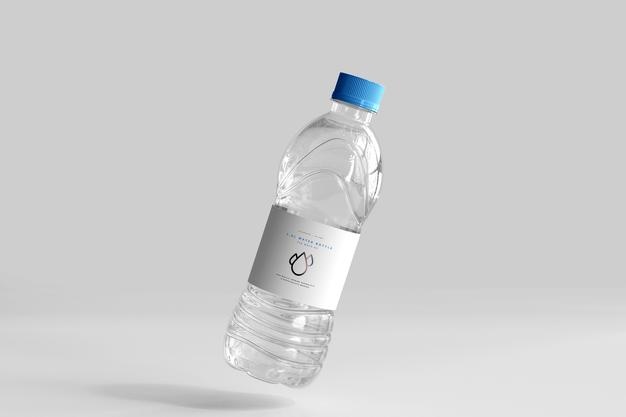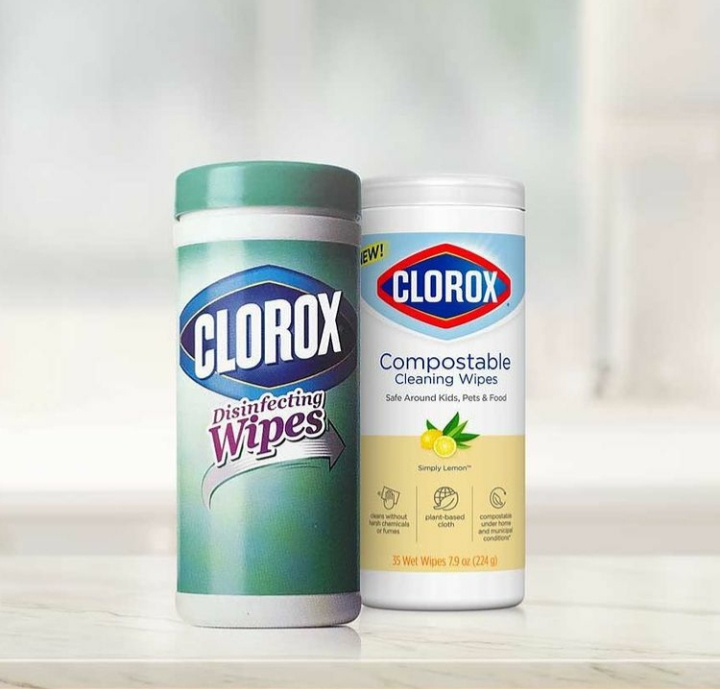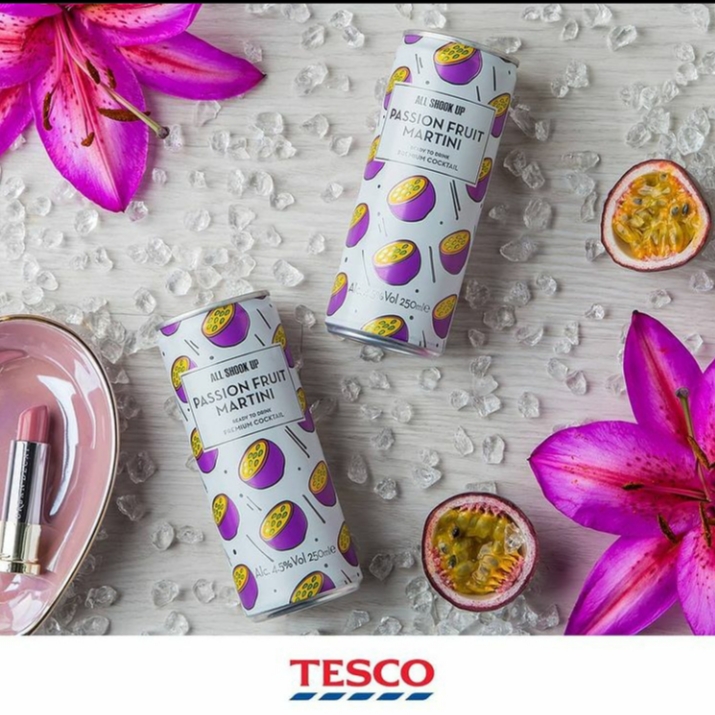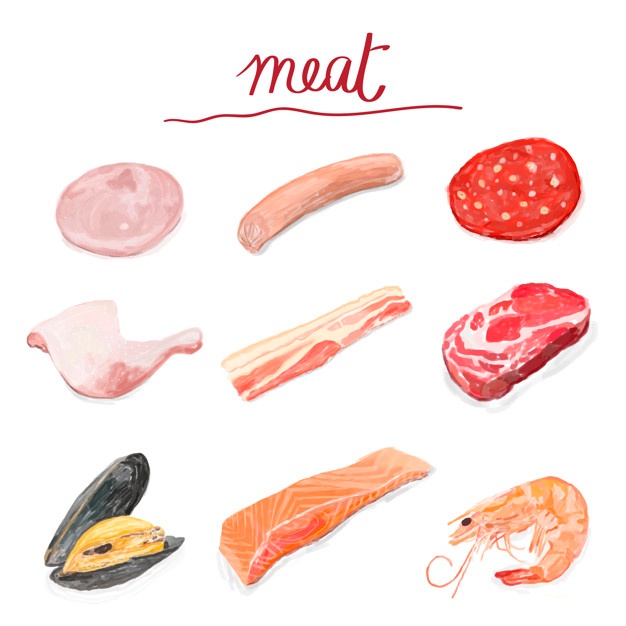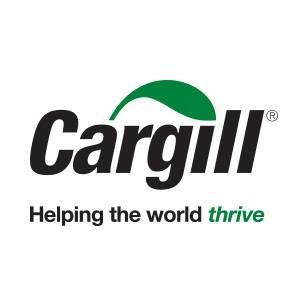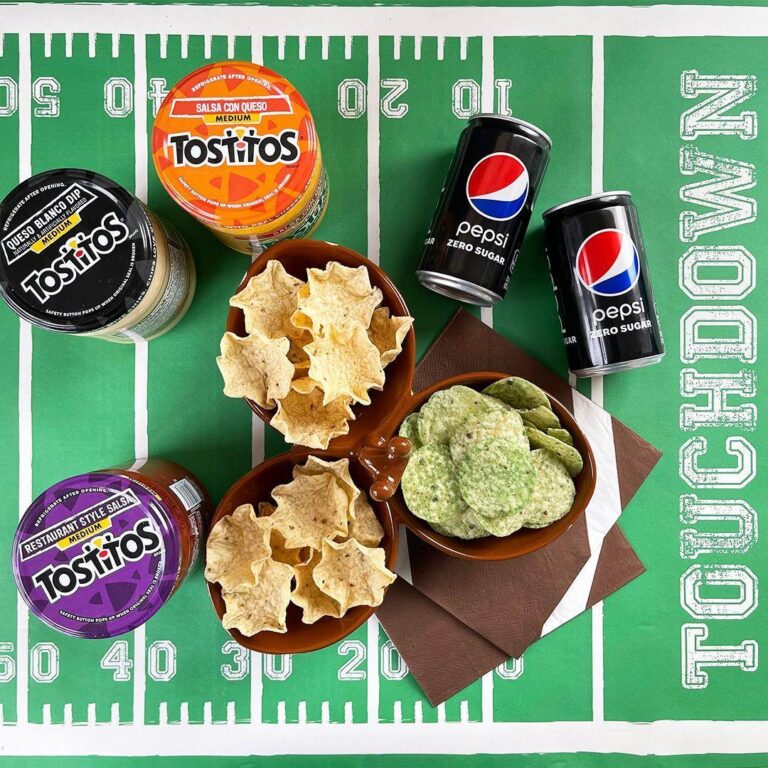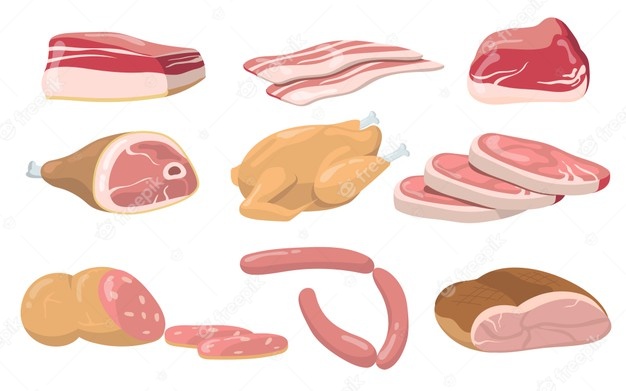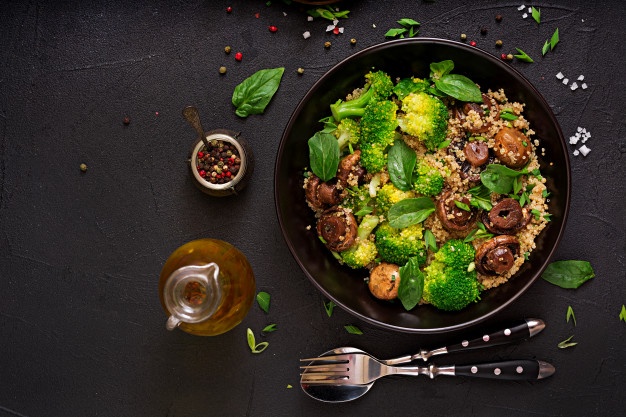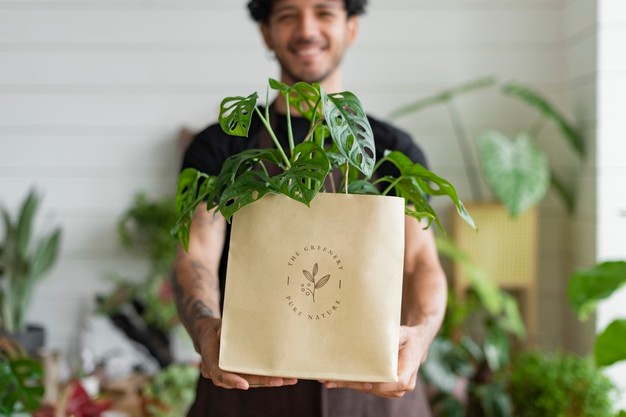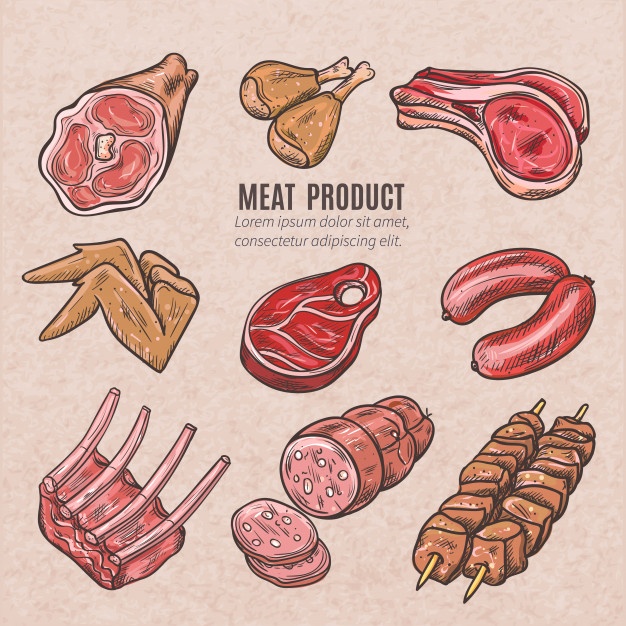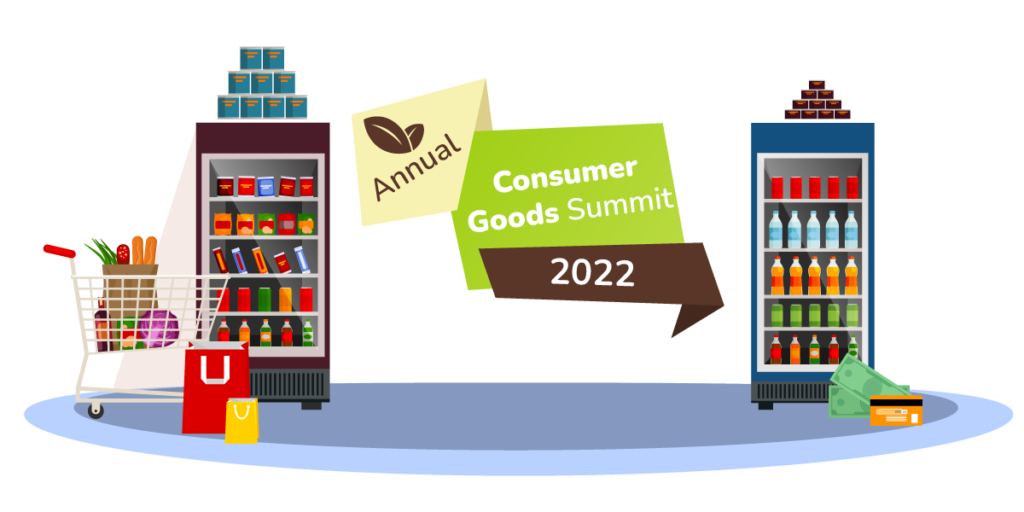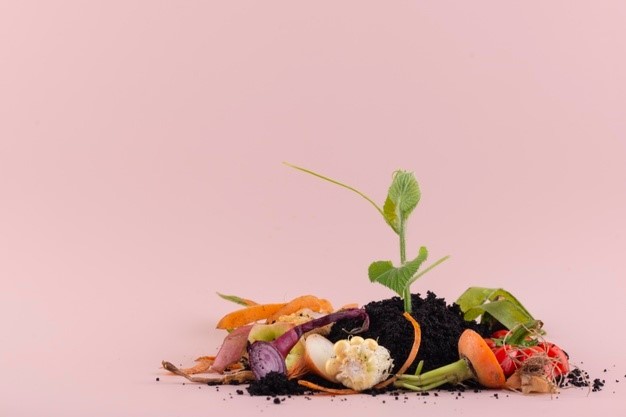
World’s first no cost and zero-waste kitchen is in Milvalle, Pa
412 Food Rescue opened up its own zero food cost and zero-waste kitchen named Good Food Project in Millvale, Pa. Unfortunately, 35% of all the food that is produced is wasted, while 10.5% of households have food insecurity. The kitchen prevents food wastage at the retail level as expert chefs transform good quality surplus food into ready-to-eat meals and shelf-stable items packed in compostable containers and serve them to the people facing food insecurity. Initially, the kitchen made 300 meals per month, but after receiving funding from Eden Hall Foundation, the kitchen aims to produce 100,000 meals per year and distribute 500 grocery bags to Allegheny County Housing Authority locations. The Good Food Project has reached the status of zero waste via Leanpath, a tracking and measurement-focused technology solution that compiles and analyses data to illuminate an operation’s food waste stream. Read more from Waste360


